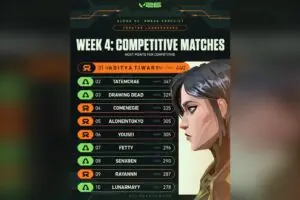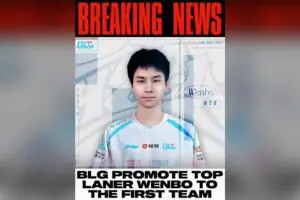The ESIC fall-out is likely going to continue for months as the findings have indicted a multitude of organizations and coaches for exploiting a spectating bug to gain additional information in matches that have ranged as far back as 2015 over the span of a whopping 25,000 matches.
There has been no question regarding the official views of both Valve and the Esports Integrity Commission: coaches utilizing the exploit to gain an unfair advantage is cheating. While many are choosing this segment to argue their stance on their favorite organizations getting slapped with penalties, this is far from the only stance that organizations and fans are now taking.
The newest claims coming forth are that, even though coaches were caught regularly using exploits in matches which dramatically shifted how the players would play rounds, there is no evidence that coaches readily offered the information to players in the server.
It is an accurate statement, barring disbelief, that there could be instances within the ESIC findings where the coach did not inform the roster found within the server.
Without having the full communications from organizations within every match, it’s difficult to state with impunity that coaches that are in fact sharing the information; it’s possible (although highly implausible) that rosters are simply, by mere coincidence, shifting strategies in mid-round to adapt to unconventional pushes and stacks on a multitude of maps every time the coaching exploit has been used with sheer luck and uncanny coincidence.
Possible.
The second aspect of the argument is precisely how much responsibility the players have to report cheating from their organization to the proper officials.
ESIC has already stated that it’s far too difficult to discern which players used the exploits and which are innocent, perhaps being subjected to the information rather than requesting it. Yet players still arguably cooperated with the cheats for a period of time without informing officials, making the lack of integrity more organizational than the individual.
The ESIC is unlikely to revert their announced status regarding player punishment from cheating coaches, regardless of how the scene, in general, feels about it through extensive Twitter threads.
It’s also unlikely that the players from organizations that were caught cheating, such as MIBR and ENCE, would come out of their own accord and state that they knowingly and willfully participated in the exploits. It would be tantamount to shooting their careers in the kneecap.
At this time, ESIC has neither offered further reasoning for their decisions nor commented on the ongoing discussions and allegations.





